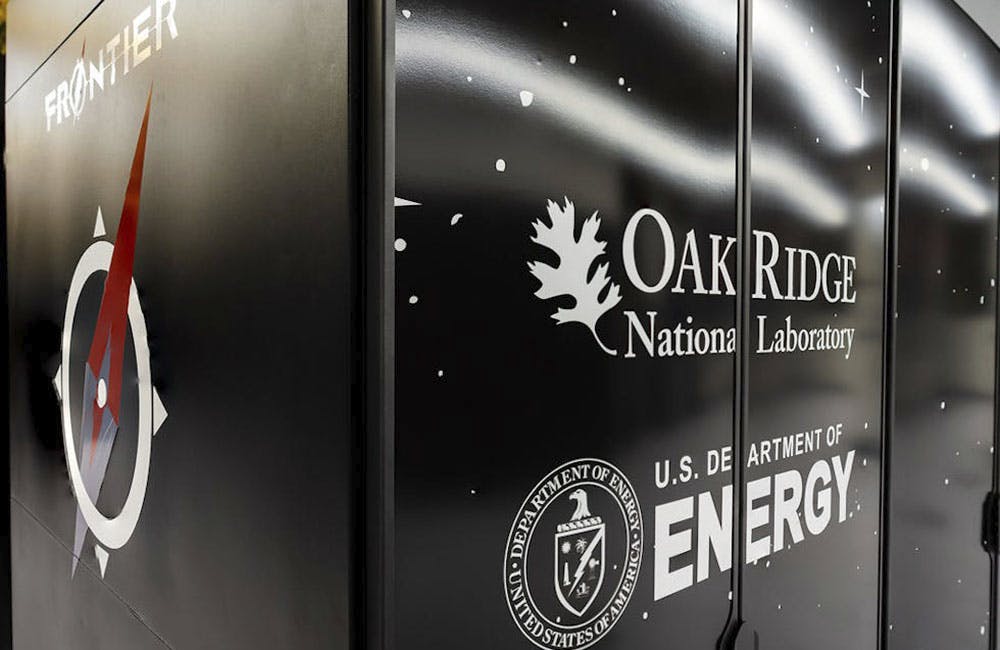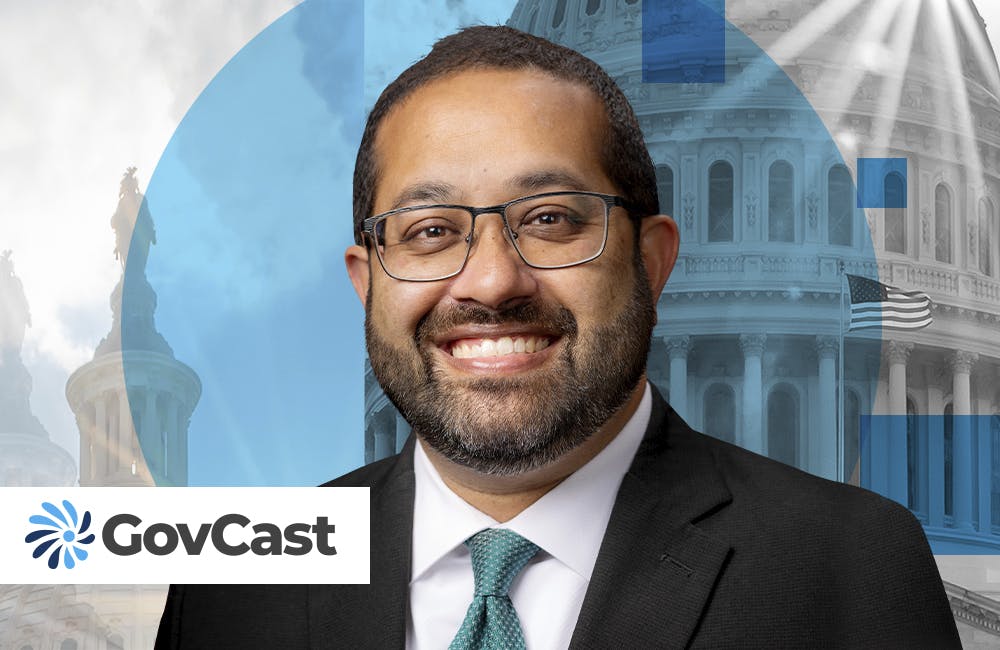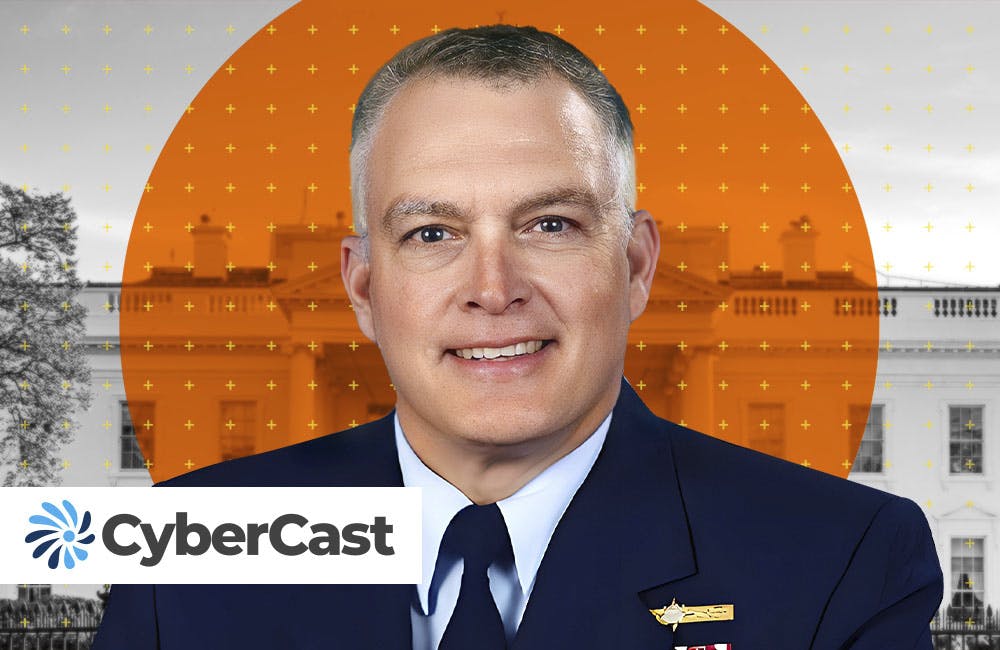Artificial Intelligence
-

Defense Board to Pitch Solutions for Closing Tech Talent Gaps
4m read -

Energy Researchers Aim For Holistic Approach to AI Issues
2m read
The CAIOs Leading Responsible AI Development Across Government
Since the White House's AI executive order, federal agencies are in the process of naming chief artificial intelligence officers.

This is a carousel with manually rotating slides. Use Next and Previous buttons to navigate or jump to a slide with the slide dots
-

5 Predictions for AI in Government Technology
Agencies are setting plans in motion not only to integrate AI into their enterprises, but also ensuring the data that power these systems are fair.
41m watch -

How Agencies are Upskilling the Workforce in AI
Federal officials are putting in place new training and education methods to ensure its overall workforce understands the technology.
3m read -

Sea-Air-Space: Coast Guard Prioritizes Agility in the Face of Technological Change
Adm. Linda Fagan says the modern Coast Guard is to adjusting to the speed of technology.
10m watch -

AI Needs Strong Structures to Develop User Trust, Leaders Say
AI’s potential can only truly be met when guardrails and culture are in place, according to defense officials.
5m read

Federal Health Tech Leaders Combat AI Bias
Federal leaders discuss how they are tackling the challenges around AI to meet mission needs in health care.
Watch Now- Dr. Gil Alterovitz Director, NAII, VA
- Dr. Sameer Antani Principal Investigator, National Library of Medicine, NIH
The Road To Creating a Better Digital Government
Federal leader Jennifer Pahlka outlines ways government can align technology demands to better serve the public digitally.
Listen Now
-

Cyber Resilience and Recovery Amid Evolving Cyber Threats
Data durability is a key aspect of NIST’s cybersecurity framework for public and private organizations.
21m listen -

How Tech Enables Environmental Justice at EPA
The agency wants to eliminate bias and establish new tech standards to reduce greenhouse gas emissions.
39m listen -

Building Better Data Governance Across FDA
The agency is using emerging technology to tackle its data challenges.
19m listen -

Coast Guard Poised for Growth in Cyber
The service’s prevention policy chief discusses his priorities for combatting cyber incidents that could have global impacts.
23m listen













